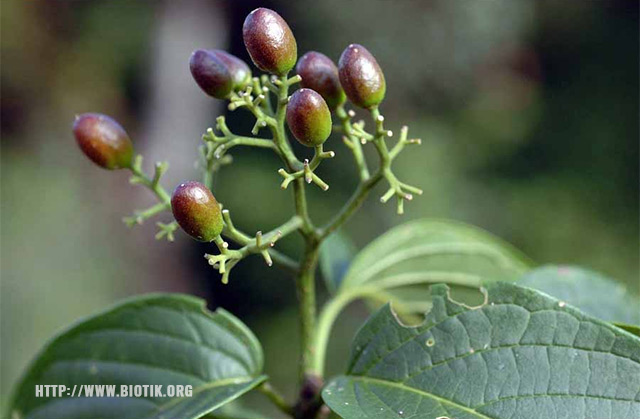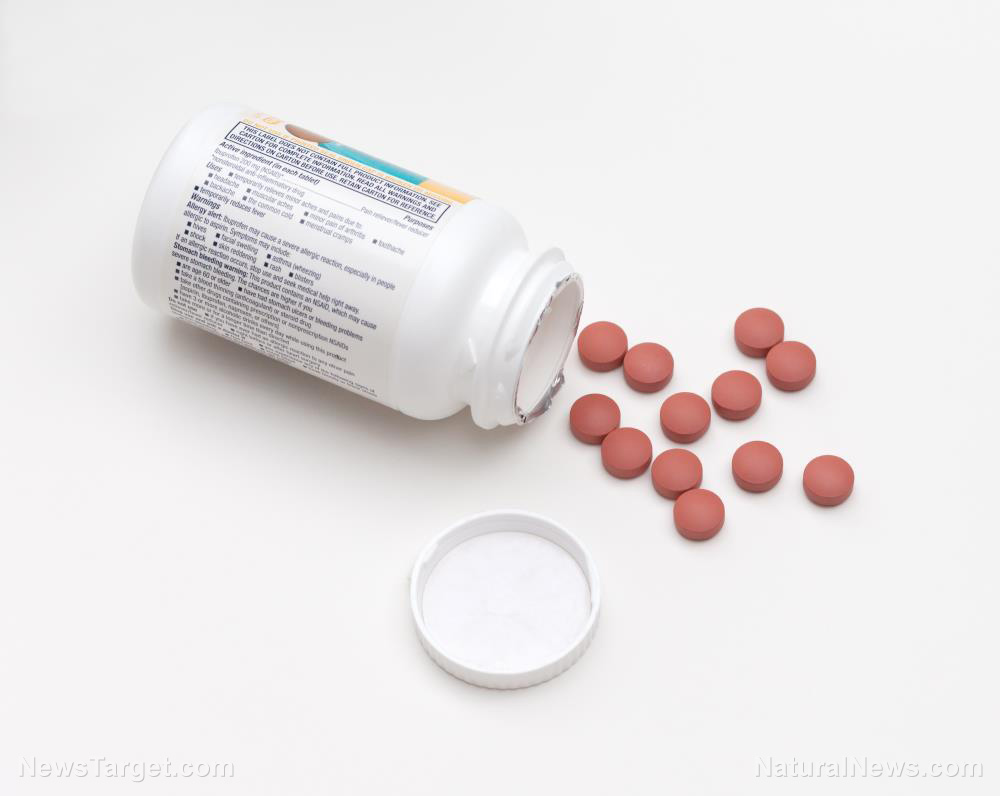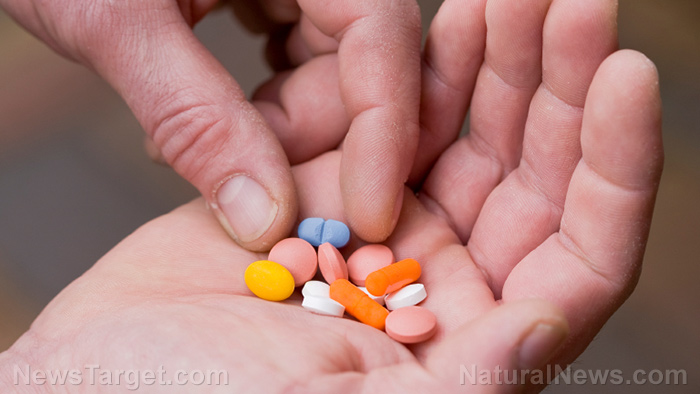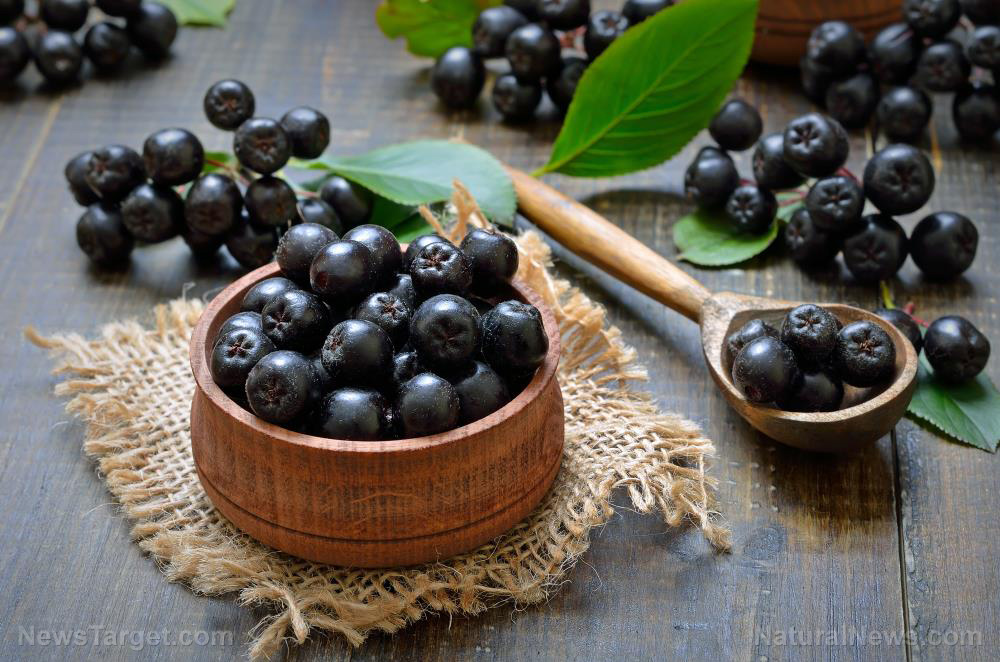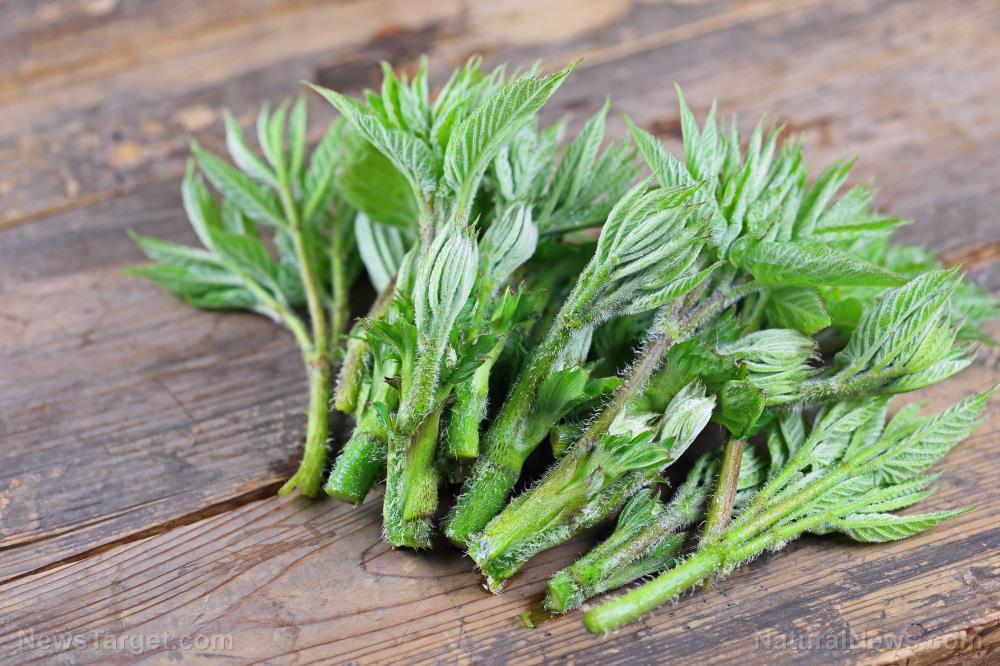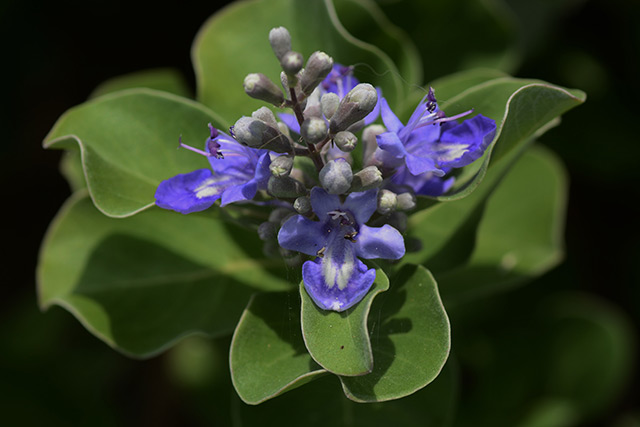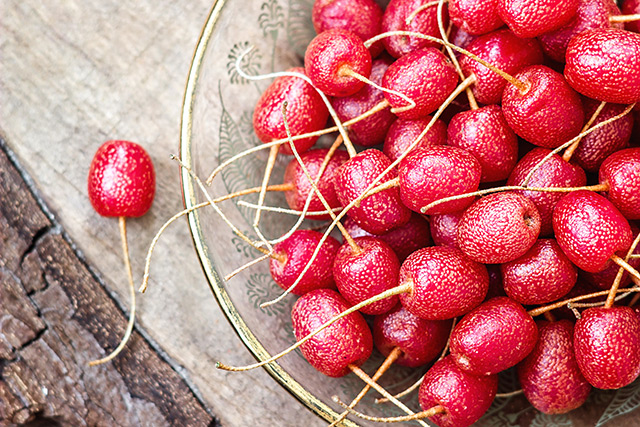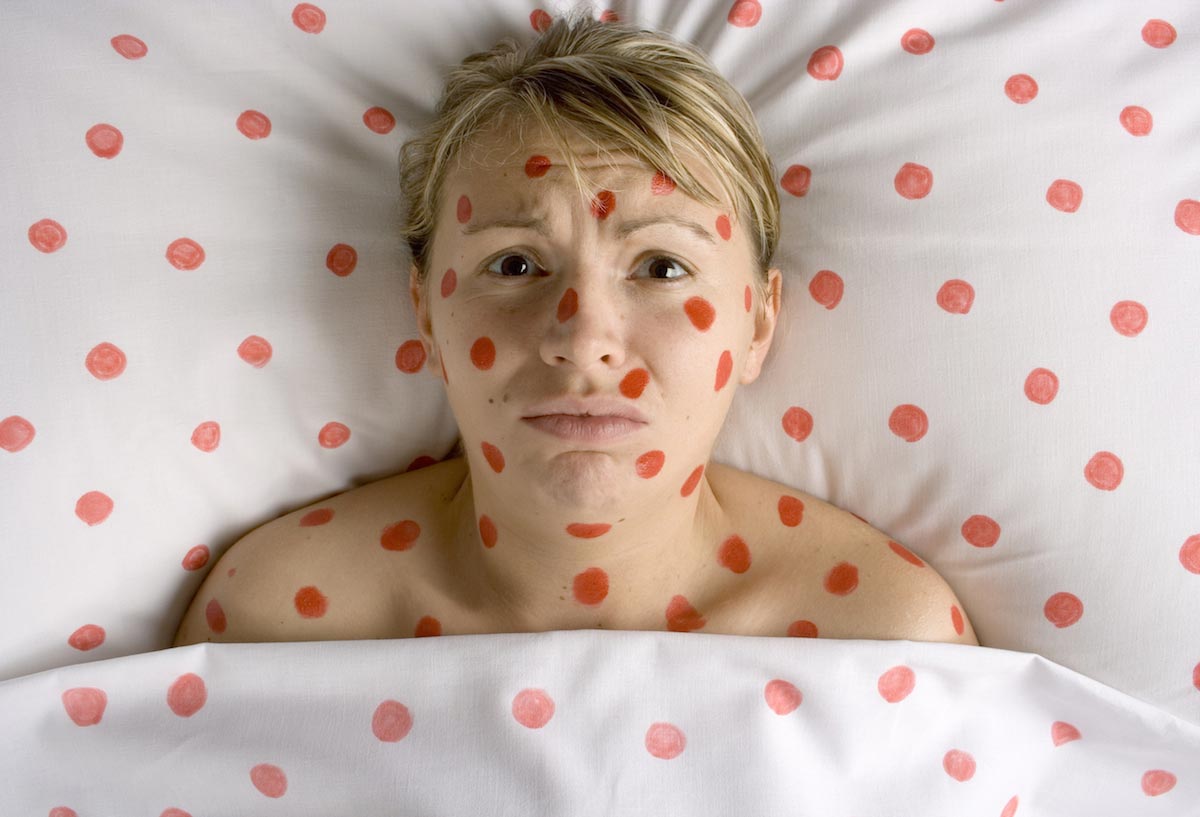Betel leaf offers a great alternative to toothpaste with its antimicrobial properties
05/03/2019 / By Michelle Simmons
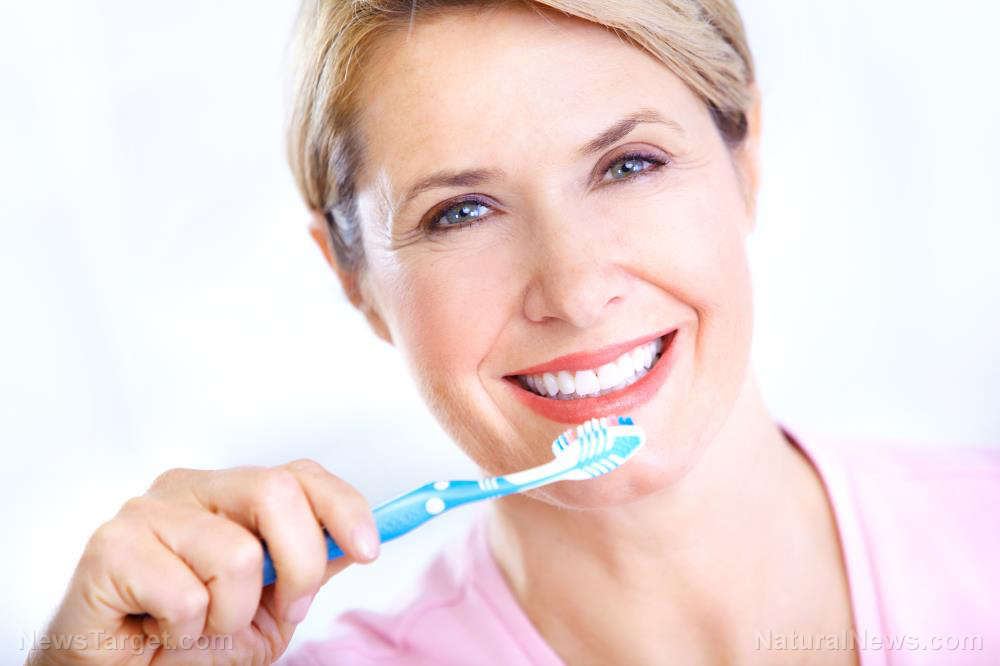
Betel leaf (Piper betle) is a heart-shaped leaf commonly used in India, mostly for oral health care. The extracts of betel leaf have recently become widely known for their ability to inhibit microbial growth, thanks to their phytochemicals. Researchers from Taylor’s University Lakeside in Malaysia and Heriot-Watt University Dubai in the United Arab Emirates assessed the antimicrobial activity of betel leaf extracts by using them as an added ingredient in toothpaste. They confirmed that betel leaf extracts could be used as an antimicrobial agent in oral care products.
For the study, the research team examined the effects of different solvents, such as ethanol and water, on the extraction of the bioactive compounds. They found that the 95 percent ethanol extract was the best solvent for phenolic extraction from betel leaf. It contained the highest phenolic content from betel leaf. For this reason, they combined an extract from the betel leaf with 95 percent ethanol with three kinds of toothpaste and evaluated its antimicrobial activity. They tested the extract mixed with commercial toothpaste against four oral bacterial pathogens: Escherichia coli, Staphylococcus aureus, Streptococcus mutans, and S. salivarius. They also tested the extract on the oral fungal pathogen Candida albicans.
The research team found that the addition of betel leaf extracts significantly improved the antimicrobial properties of the toothpaste by more than 20 percent, increasing the zone of inhibition of all bacterial and fungal pathogens tested. Based on these findings, they concluded that betel leaf extracts could potentially be used as effective antimicrobial agents in oral care products like toothpaste. The team published their results in the Journal of Herbal Medicine. (Related: Natural toothpaste reduces risk of cavities: Herbal toothpaste found to raise mouth pH, reduce sugar in saliva.)
The power of the elements: Discover Colloidal Silver Mouthwash with quality, natural ingredients like Sangre de Drago sap, black walnut hulls, menthol crystals and more. Zero artificial sweeteners, colors or alcohol. Learn more at the Health Ranger Store and help support this news site.
Studies evaluate the antibacterial effect of betel leaves
There are also previous studies that have assessed the ability of betel leaf extract to inhibit various pathogens. A study published in the Avicenna Journal of Phytomedicine looked at the antibacterial and antiparasitic effects and to determine the total phenolic contents of methanolic extract of betel leaves.
Researchers from Noakhali Science and Technology University and Jahangirnagar University in Bangladesh tested the extract against different bacterial strains through disc diffusion method, while they assessed the paralysis and death time of an earthworm to determine its antiparasitic effect.
The results showed that betel leaf extract significantly increased the zones of inhibitions against S. aureus, E. coli, Salmonella typhi, and Shigella dysenteriae. Betel leaf extract also exhibited potent antiparasitic activity by paralyzing and killing earthworm at a shorter amount of time. In addition, the researchers found that the extract contains high amounts of phenolic compounds. From these findings, the researchers concluded that the extracts of betel leaves have antibacterial and antiparasitic properties.
Another study, which was conducted by a researcher at Udayana University in Indonesia, examined the antibacterial effect of betel leaf extract against the growth of S. aureus. The study used 27 samples of S. aureus type A bacteria, which were then divided into three treatment groups. One group was treated with betel leaf extract, another group with lemongrass extract, and the third group, which served as the control group, was treated with 500 milligrams (mg) of amoxicillin drug.
The results showed that there is a significant difference in the inhibition zone of the three groups. Piper betel leaf extract was revealed to be 25 percent more effective than lemongrass extract and amoxicillin against the growth of S. aureus. The findings of the study were presented at the 22nd International Conference on Dental Education in Amsterdam.
Take care of your oral health by using natural oral care products. Learn more at Dentistry.news.
Sources include:
Tagged Under: alternative medicine, Antimicrobial, betel leaf, dental care, dentistry, herbal medicine, Herbs, Holistic Dentistry, natural cures, natural ingredients, natural medicine, oral care, oral health, Piper betle, research, therapies, toothpaste








